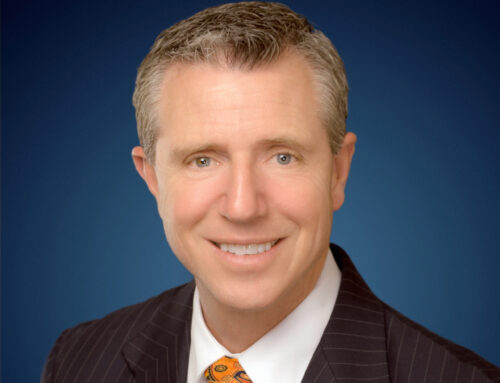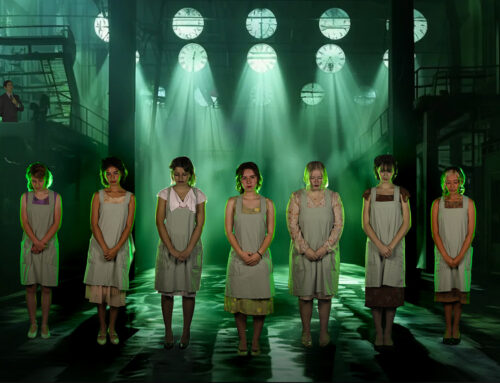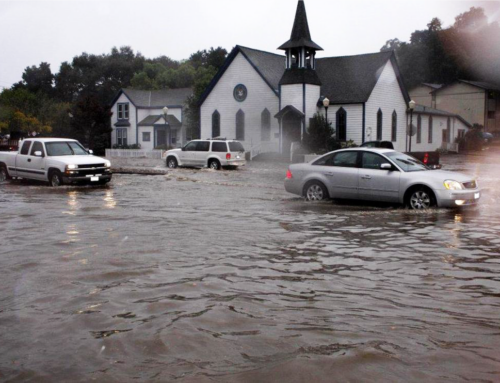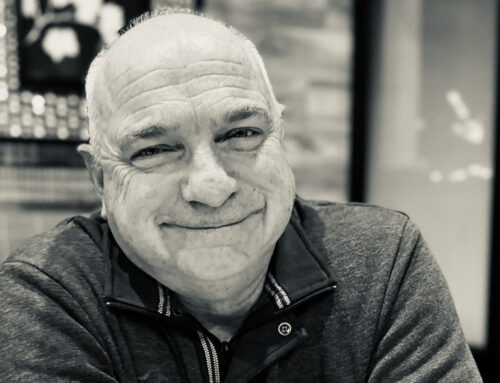“I just love the community and the people here. There are so many who are philanthropists and who want to help kids.”
![]()
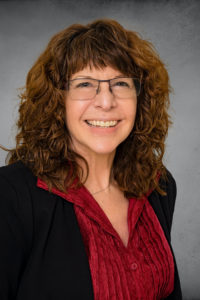
Photo courtesy Susan Hines
Susan Hines took over as director of the South Valley Science and Engineering Fair to lead it in a new direction.
By Kelly Barbazette
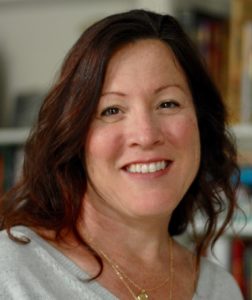
Kelly Barbazette
Morgan Hill resident Susan Hines said she was one of those kids always asking why the sky is blue and other science questions about the world.
“I’ve always wanted to figure things out,” said the 66-year-old retired chemical engineer. “I’ve always been curious, very independent.”
I had the pleasure of speaking to Susan recently. As the director of the South Valley Science and Engineering Fair, she’s working to instill the same curiosity about science to youths in Gilroy, Morgan Hill, and San Martin.
A swimmer from an early age, Susan said her interest in science was piqued when she was 8 years old and balancing the chemicals in her family’s swimming pool. She went on to earn her bachelor’s degree in chemistry.
“I found I didn’t like sitting and doing computer work. I loved investigating things directly,” she said. Susan changed her focus to physical chemistry and started working toward a graduate degree in chemical engineering, eventually earning a master’s. She moved from Southern California to the Bay Area in 1994, settling in Sunnyvale.
After earning a teaching credential from San Jose State University, she taught chemistry at Oak Grove High School in San Jose. It was “very eye opening” to see the diversity of students and the languages spoken. She conducted at least three science labs a week, two of which she paid for out of pocket because she said she felt it was important for students to have hands-on experience.
“I had a great time. I feel quite lucky that I was able to pivot,” she said. “And I feel quite lucky that I was able to pivot again now that I have time to help out with the science fairs on a local level and to help out teachers, not to put more on their plate, but to help give mentoring to the students.”
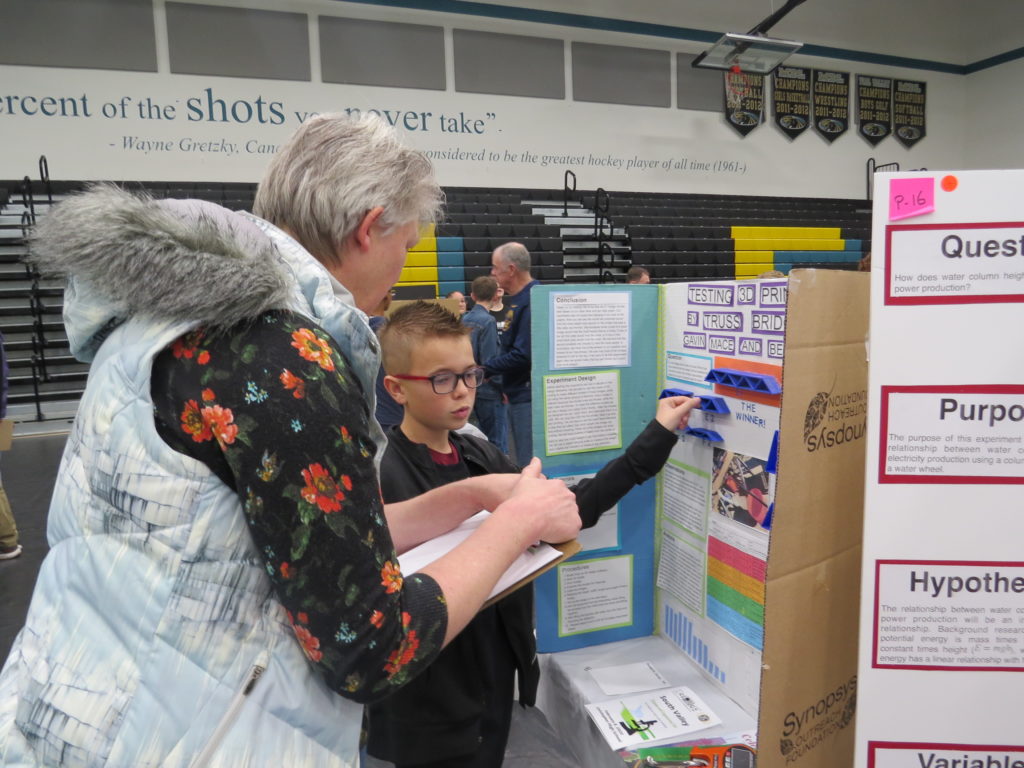
Photo by Marty Cheek
Category judge Karen Gundy-Burlet talks to Martin Murphy student Gavin Mace at the 2020 South Valley Science and Engineering Fair.
Susan remarried and moved to Morgan Hill in 2003. She said she immediately appreciated the region’s ruralness and seeing horses along local roadways.
“I just love the community and the people here. There are so many who are philanthropists and who want to help kids.”
She also didn’t hesitate to become involved in her new home. She joined the local chapters of the American Association of University Women and GEMS, Girls Engaged in Math and Science. Seeing the need to promote science locally, Susan became the director of the South Valley Science and Engineering Fair. The fair was evolving and organizers tapped Susan to lead it in a new direction.
Most South County students weren’t participating in the larger county science fairs and those who were didn’t advance in competition. She asked the local science fair to begin operating under the International Science and Engineering Fair standards and guidelines, which adhere to safe laboratory practices, ensuring the safety of all participants while protecting the environment.
The fair’s goal is to mentor young minds and make science accessible and equitable for all students — not just the affluent ones. The fair doesn’t have entry fees and organizers provide science fair boards and support to parents and teachers.
 “We want to make this available to underserved kids,” she said. “For some reason this area has been neglected. It’s not just that we want you to go to the science fair. We want you to enjoy science and we want you to learn science and learn to think critically, which is an important life skill.”
“We want to make this available to underserved kids,” she said. “For some reason this area has been neglected. It’s not just that we want you to go to the science fair. We want you to enjoy science and we want you to learn science and learn to think critically, which is an important life skill.”
Fairs rotate between campuses in Morgan Hill and Gilroy, with the 2020 fair held at Christopher High School. When the pandemic struck, Susan said, organizers shifted, providing more outreach to teachers and students, focusing on smaller group activities, seeking partnerships with local companies to provide mentoring and internships for students, and collaborating with other groups to provide science classes, including nature journaling. The fair has the support of a wonderful board, generous sponsors, and plenty of community volunteers.
“We want to show that science is fun, that it’s not a dead, dry subject,” she said. “There’s so much we don’t know. This uncertainty is a positive thing.”
 The fair strives to teach students the importance of reading a graph, deciphering information, and coming up with a hypothesis, Susan said.
The fair strives to teach students the importance of reading a graph, deciphering information, and coming up with a hypothesis, Susan said.
“I love when (students) share about something that surprised them — something as simple as water samples.”
One of Susan’s goals is to open up mentorships and internships for students at local high-tech companies. Hands-on learning in a lab and shadowing other scientists is invaluable experience. The fair also is looking to incorporate art into its curriculum of science, technology, engineering, and mathematics. There are so many ways to apply science in art and vice versa.
“There are so many opportunities for cross cultivation, so why not take advantage of that?” Susan said. “We want the kids interested. We want to meet them at their level. Why box them in?”
In her free time, Susan enjoys cycling with her husband, Phil, whom she married two months ago, reading science fiction and mysteries, and a newly discovered hobby — golf. She has a daughter who works for Cisco.
When asked what advice she’d give other women pursuing their goals, Susan said to ignore the naysayers and stand up for yourself.
“I would say don’t be turned off by people saying, ‘That’s not what a girl can do.’ I’ve heard that time and time again.”
Women should also discover ways to use their full potential and pursue their interests.
“Don’t limit yourself,” she said with encouragement. “Take the opportunity if you can do an internship. Take a class at Gavilan College that you’re interested in. And if you find out you’re not interested that’s OK, too.”
Retired for nearly a decade, Susan enjoys helping students succeed.
“There’s nothing wrong about asking for help. We want our kids to grow up to the best versions of themselves.”

Kelly Barbazette
Kelly Barbazette, a former journalist for Bay Area newspapers, is a freelance writer. She lives in Gilroy with her husband and two daughters. She can be reached at [email protected].



